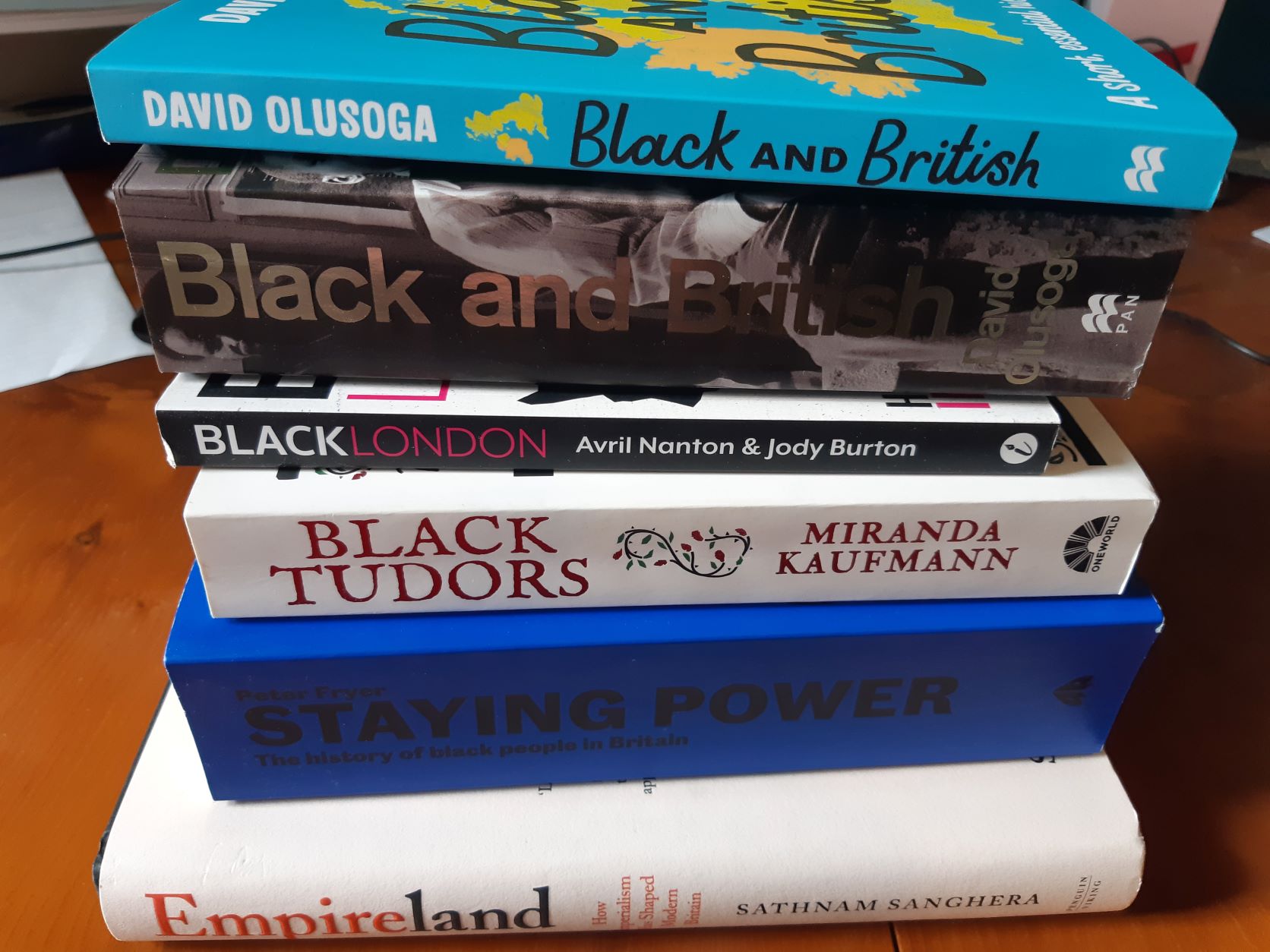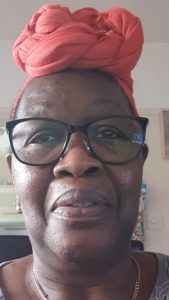In this blog, Director of Equality, Diversity and Inclusion, Sarah Guerra, reflects on the progress we’ve made in making King’s an actively anti-racist university, a year on from the murder of George Floyd.
This last week I have been able to return to fitness classes at the gym (4 in one week to get my sluggish body moving again – go me!). Most of my classes have been taught by Fiona – who has been motivating us by saying ‘success is finishing the class wanting to come back.’
This has really struck me as I reflect as an Equality, Diversity and Inclusion (EDI) practitioner on the anniversary of George Floyd’s tragic, very public and utterly preventable murder.
It is a cliché to say it has been two years like no other. A global pandemic that has seen us all in the UK, as far as possible, confined to our homes. A period where collective and social responsibility has meant that social contact has been fraught with danger. And then, if the pandemic was not already intense enough, we add to that the recognition by many that we have a similar level of dangerous toxicity in the form of racism.
2020 and 2021 has been a time when the world seemed to be collectively galvanised to address racism in a way that I have never seen before. I am still curious as to why the death of George Floyd, whilst horrific, was so catalytic.
What was distinctive about this event that motivated people so differently?
The systemic racism that enables everyday violence and exclusion of people of colour – particularly Black people – was not news to those of us that make up the Black, Asian and Ethnic Minority community or, in fact, the global majority!
It is something that those of us who experience racism have been highlighting forever and an issue that many professionals and activists have been seeking to address for a long time. Whatever it was – something about the confluence of events and experiences in 2020 and 2021 – it led many more people in the world to realise and accept that as a global community we were moving too slowly to combat the toxic, pervasive, all-consuming virus that is racism.
That eruption of world feeling was felt very strongly here at King’s. On June 9th 2020 , we held a powerful leadership summit where we made a commitment to being an anti-racist university. This, alongside the growing access to educational resources and increased attention, created a window of opportunity for a change in pace in achieving anti-racism outcomes. At least, that is how it has felt to me.
Now, in my 4th year at King’s as Director of Equality, Diversity and Inclusion, I experience almost daily a mixture of conflicting feelings that fluctuate between pride and shame, pragmatism and ambition, fear and frustration. I am proud that we, collectively at King’s, are taking our equality, diversity and inclusion ambitions and particularly, our commitment to being anti-racist, seriously. Yet, I am frustrated with the pace of change. I am vexed that the good work we do often rests in siloes and isn’t something enough people are aware of or involved in.
I know that there is a widespread lack of trust, general suspicion and dissatisfaction amongst many, particularly those from Black, Asian and Minority Ethnic backgrounds. People tell me that they don’t believe there is a real commitment to King’s being anti-racist. They tell me that progress is too slow or non-existent. This is very understandable but also upsetting and demoralising.
I find myself questioning and second guessing myself? Have I sold out? Am I institutionalised? Am I too lenient on those around me in senior leadership? Am I out of touch? Do I even know what I am talking about? Am I letting people down, particularly people of colour? I know it’s not about me and that no one person can make the difference needed by themselves, but as the lead professional in this space, I feel the weight of responsibility and take our lack of progress and the resulting community feeling very strongly.
What I have witnessed here at King’s tells me that we are an organisation of enormous heart and ambition, but that our complexity and desire to be collaborative also makes us slow and ponderous. That can be perceived as resistance.
I have worked with many organisations to get leadership to pay attention and act, being forced frustratingly frequently to prove the point that race, and other inequality exists; laboriously and repetitively identifying the evidence of inequality and its impact. I know many individuals, practitioners and networks still face this daily, and maybe it is what many at King’s are experiencing.
As we continue this battle against racism, it is more important than ever that we all proactively support and prioritise our personal wellbeing, especially in this week that might be particularly traumatising for the Black community. You can find some links to wellbeing support here, these resources having been researched for Black people and for non-Black allies.
However, for me it is still – disturbingly – refreshing and frankly surprising when those in power at King’s don’t require repeated proof. Where instead they are willing to examine and tackle the roots of all inequality, and they take on the work themselves – something which in 2020/1 seems to have shifted us significantly forward. For example, every area of professional services has taken forward activity to tackle racism, and every faculty has an EDI committee and set of priorities. You can find out more about the breadth of our anti-racism work here.
So, as an experienced practitioner, I judge there to be something qualitatively different here at King’s to what I have experienced before. But, I also realise how intangible and ephemeral that is; that it may be invisible and to some extent makes no difference to those suffering on a daily basis. I also recognise that many people have become so frustrated and fed up that they refuse to make any more allowances for our slow progress.
This is where Fiona’s ‘success is finishing the class wanting to come back’ really strikes me. In each conversation we have and activity we run around race equality and developing anti- racism, I feel the need to strike a balance between identifying the issues and empowering those around me to take action, by building their confidence, capability and commitment. This is a fine judgement to make, though. How hard do I push? How strong do I make my language? I want them to ‘want to come back’. I want them to grow and engage – I don’t want them to withdraw. When I first started here at King’s, one of our most senior leaders told me I had to judge all my actions carefully so that I wasn’t rejected by the ‘immune system’ of the organisation. I found this both useful and telling – was this advice given to white/male people starting too, I wondered? The reality though is this is the line I walk as a practitioner – as a bi woman of colour, each and every minute.
The anniversary of George Floyd’s death gives me and us a good point to reflect and consider: have we made all the progress it was possible to make this year in being anti-racist, in our ambition to be intersectional by default? I doubt it, but what has stopped us? What are we doing that is working and what we should magnify? What can we do better and faster in this coming year?
I am keen for all members of the King’s community to engage with those questions and send us in your reflections and ideas. So, please do take some time to reflect – perhaps the inordinately long time of 9 minutes and 29 second that Derek Chauvin had his knee on George Floyd’s neck – and let us have your thoughts and views. You can share any thoughts and reflections you have with us via email, at diversity@kcl.ac.uk.

